UW Libraries is replacing Nexis Uni with Westlaw Campus Research. Access to Nexis Uni will end on June 30, 2022.
UW Libraries to Replace Nexis Uni with Westlaw Campus Research


UW Libraries is replacing Nexis Uni with Westlaw Campus Research. Access to Nexis Uni will end on June 30, 2022.


The U.S. Department of Health and Human Services, Administration for Community Living (ACL) designated May as Older Americans Month. The theme for 2022 is Age My Way encouraging independent living for older adults. To help promote aging in place, ACL recommends helping older adults stay connected to their communities and supporting them with the necessary resources to help them thrive. The National Institute on Aging, a division of the U.S. National Institutes of Health, provides information and resources on their Aging in Place: Growing Older at Home page. While these federal agencies look to the practical ways we can help our older adult community members and adults with disabilities, the Office of Disease and Prevention and Health Promotion (ODPHP) spotlights an alarming health concern for aging Americans, the very real problem of elder abuse in its many forms. Explore this and other elder justice issues on ACL’s Elder Justice website.
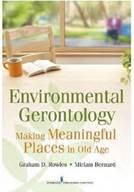 Environmental Gerontology Making Meaningful Places in Old Age (2013) discusses environmental design of both public and private spaces for older adults.
Environmental Gerontology Making Meaningful Places in Old Age (2013) discusses environmental design of both public and private spaces for older adults.
 Elder Abuse (2020), a short video discussing signs of abuse physicians should look for when conducting exams of older adult patients.
Elder Abuse (2020), a short video discussing signs of abuse physicians should look for when conducting exams of older adult patients.
 Frye Art Museum’s Creative Aging Programs present both in-person and online art-centered activities for older adults such as Alzheimer’s Café at UW Memory and Brain Wellness Center’s The Memory Hub.
Frye Art Museum’s Creative Aging Programs present both in-person and online art-centered activities for older adults such as Alzheimer’s Café at UW Memory and Brain Wellness Center’s The Memory Hub.
 Seattle Public Library’s Resources for Adults 50+ lists local organizations aiding older adults in a variety of areas including consumer protection, LGBTQIA, assistive technology, and lifelong learning.
Seattle Public Library’s Resources for Adults 50+ lists local organizations aiding older adults in a variety of areas including consumer protection, LGBTQIA, assistive technology, and lifelong learning.
 Aging and Disability Services provides information for veterans, caregivers, and older adults with disabilities, including population data, area plans, a video portal, and a calendar of local events for older Seattleites and King County community members.
Aging and Disability Services provides information for veterans, caregivers, and older adults with disabilities, including population data, area plans, a video portal, and a calendar of local events for older Seattleites and King County community members.
 Read online article: The Cities Designing Playgrounds for the Elderly (Oct. 28, 2019)
Read online article: The Cities Designing Playgrounds for the Elderly (Oct. 28, 2019)
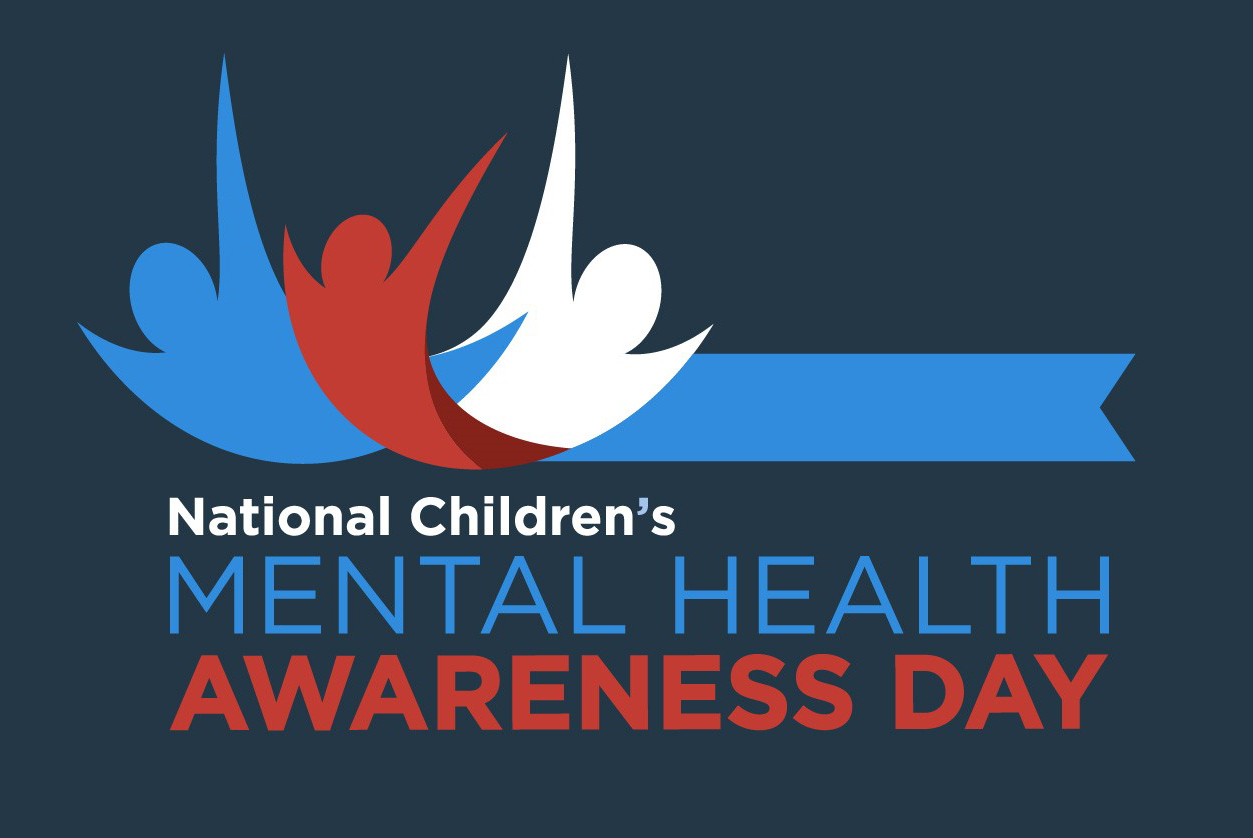

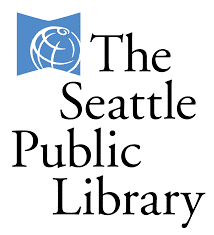
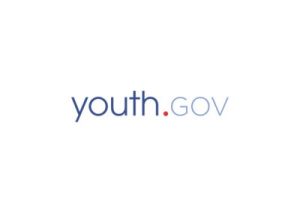
The U.S. government’s website youth.GOV supports youth programs and includes information pages on a variety of topics pertaining to children and adolescents. Many of these subjects are mental health-focused and target specific groups such as children of incarcerated parents, noting issues commonly experienced by these unique groups and offering resources.
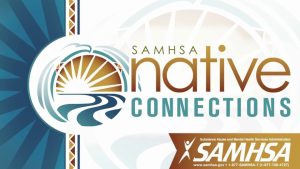
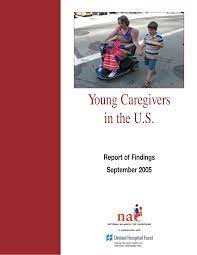
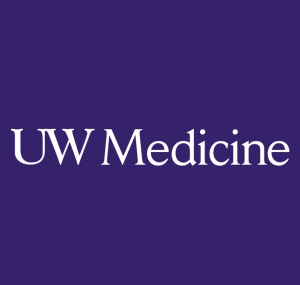 Pediatric Health Library – Child and Adolescent Mental Health
Pediatric Health Library – Child and Adolescent Mental Health
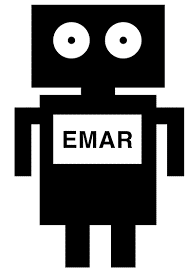 Read about UW’s Ecological Momentary Assessment Robot (EMAR) project, a social robot designed to interact with teens, assess their stress levels, and provide mental health support.
Read about UW’s Ecological Momentary Assessment Robot (EMAR) project, a social robot designed to interact with teens, assess their stress levels, and provide mental health support.
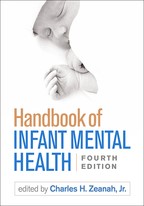 Handbook of Infant Mental Health (2019) Request through Summit. From the title summary: Grounded in a relational view of infancy, the volume offers a broad interdisciplinary analysis of the developmental, clinical and social aspects of mental health from birth to age three.
Handbook of Infant Mental Health (2019) Request through Summit. From the title summary: Grounded in a relational view of infancy, the volume offers a broad interdisciplinary analysis of the developmental, clinical and social aspects of mental health from birth to age three.
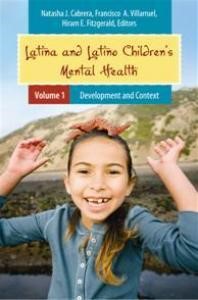 Latina and Latino Children's Mental Health (2011). This text examines the various factors that shape the social and behavioral development of Latinx youth and explores how their identity as ethnic minorities and sometimes immigrants may differ from the experience of African-American and European-American children.
Latina and Latino Children's Mental Health (2011). This text examines the various factors that shape the social and behavioral development of Latinx youth and explores how their identity as ethnic minorities and sometimes immigrants may differ from the experience of African-American and European-American children.
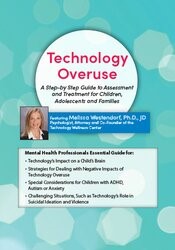 Technology Overuse : A Step-by-Step Guide to Assessment and Treatment for Children, Adolescents, and Families (2020). In this instructional film, Dr. Melissa Westendorf discusses the relationship between technology overuse and psychological issues in children and teens and offers suggestions for treatment.
Technology Overuse : A Step-by-Step Guide to Assessment and Treatment for Children, Adolescents, and Families (2020). In this instructional film, Dr. Melissa Westendorf discusses the relationship between technology overuse and psychological issues in children and teens and offers suggestions for treatment.
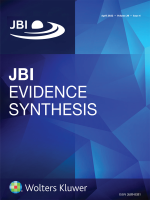 Journal article: Impact of Awareness and Concerns of Climate Change on Children's Mental Health: A Scoping Review Protocol (2020) JBI Evidence Synthesis.
Journal article: Impact of Awareness and Concerns of Climate Change on Children's Mental Health: A Scoping Review Protocol (2020) JBI Evidence Synthesis.
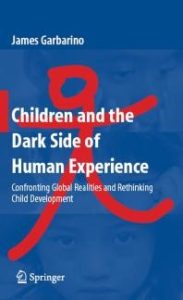 Children and the Dark Side of Human Experience: Confronting Global Realities and Rethinking Child Development (2008). Dr. James Garbarino details stories of children in war zones and refugee camps and how the trauma of these experiences negatively effect both their physical and emotional development.
Children and the Dark Side of Human Experience: Confronting Global Realities and Rethinking Child Development (2008). Dr. James Garbarino details stories of children in war zones and refugee camps and how the trauma of these experiences negatively effect both their physical and emotional development.
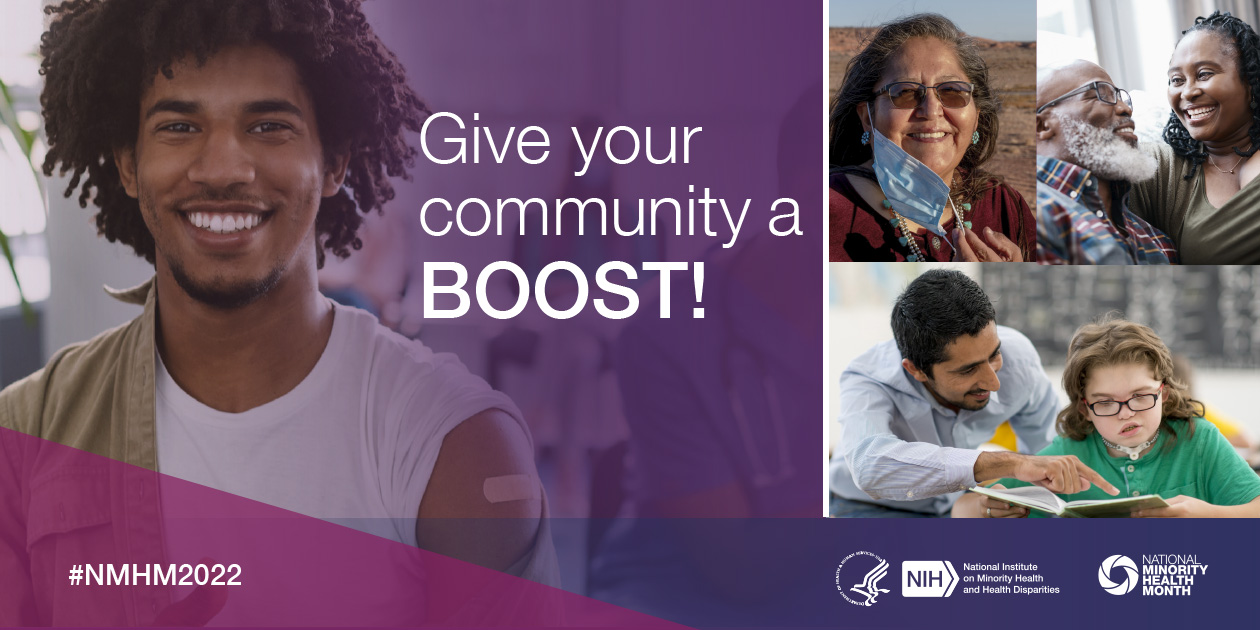
April is National Minority Health Month. This year’s campaign is Give Your Community A Boost!


This year’s theme is Our Planet, Our Health: Clean our Air, Water, and Food. The World Health Organization (WHO) sponsors this annual awareness day to draw attention to specific global health issues. They chose April 7th because it marks the founding of WHO in 1948.
This year, the campaign has a multipronged focus exploring how pollution (in its many forms) and the climate crisis negatively impact the planet and human health. They urge leaders, corporations, and individuals to promote and practice healthful eating, energy conservation, and anti-pollutive habits. Acknowledging the interconnectedness of the health of our planet to human well-being, this year’s message encourages a holistic approach to health at every level—from societies, governments, and health facilities to the individuals that populate them.
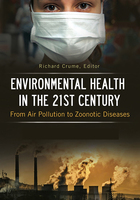 Environmental Health in the 21st Century: From Air Pollution to Zoonotic Diseases (2018). This text provides encyclopedic entries on environmental health topics.
Environmental Health in the 21st Century: From Air Pollution to Zoonotic Diseases (2018). This text provides encyclopedic entries on environmental health topics.
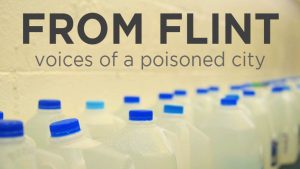 From Flint: Voices of a Poisoned City (2017). This documentary details the water contamination crisis in Flint, Michigan and the devastating impact on the families living there.
From Flint: Voices of a Poisoned City (2017). This documentary details the water contamination crisis in Flint, Michigan and the devastating impact on the families living there.
 Risk on the Table: Food Production, Health, and the Environment (2021). This text covers the history of food safety with respect to environmental issues and consumer health.
Risk on the Table: Food Production, Health, and the Environment (2021). This text covers the history of food safety with respect to environmental issues and consumer health.
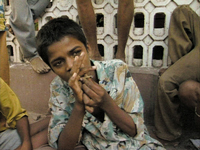 India Inhales (2017): A documentary on tobacco use in children in India and the rise in cancer cases as a result of this use. While harmful to human health, tobacco use is also an environmental issue.
India Inhales (2017): A documentary on tobacco use in children in India and the rise in cancer cases as a result of this use. While harmful to human health, tobacco use is also an environmental issue.
 All We can Save: Truth, Courage, and Solutions for the Climate Crisis (2020). Editors Dr. Ayana Elizabeth Johnson and Dr. Katharine Wilkinson present a collection of essays from women environmental activists, lawyers, and scientists. Also lending their voices to this anthology are various feminist poets and artists who are passionate about the climate movement.
All We can Save: Truth, Courage, and Solutions for the Climate Crisis (2020). Editors Dr. Ayana Elizabeth Johnson and Dr. Katharine Wilkinson present a collection of essays from women environmental activists, lawyers, and scientists. Also lending their voices to this anthology are various feminist poets and artists who are passionate about the climate movement.
Cover image credit:
World Health Organization. (2022). Our Planet, Our Health. Retrieved from https://www.who.int/campaigns/world-health-day/2022/

We stand with the people of Ukraine in the face of this heartbreaking attack.


Anatomical Kidney Model (library use only)
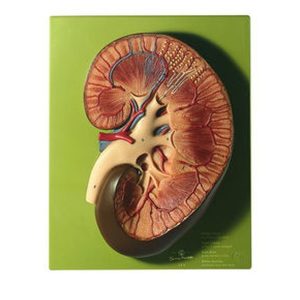
Anatomical Urinary Organs Model (library use only)
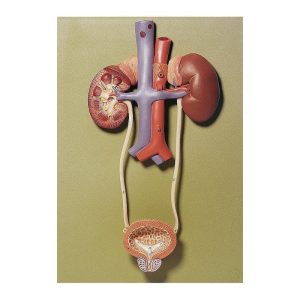
Image credit:
National Institute of Diabetes and Digestive and Kidney Diseases. (2022). National Kidney Month 2022. Retrieved March 10, 2022 from https://www.niddk.nih.gov/health-information/community-health-outreach/national-kidney-month

Do you have questions about how to legally cite and use others’ resources in your instruction, coursework or scholarly output?
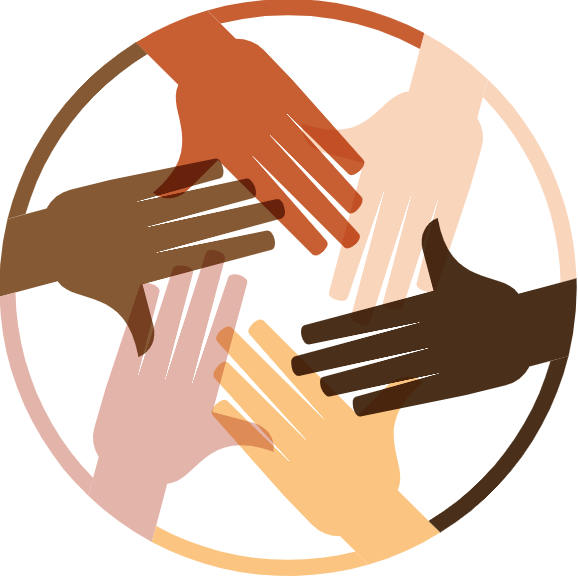
ECRI Guidelines Trust: Cultural Competence Corner provides high quality resources to address health inequity issues that disproportionately affects underserved populations.


February 11th is International Day of Women and Girls in Science.
This year’s theme is Equity, Diversity, and Inclusion: Water Unites Us.
Global WACh: Three UW departments—Obstetrics and Gynecology, Pediatrics, and Global Health—pool their expertise to promote health education, reduce health inequities, and develop strategies to improve the health of women, adolescents, and children across the globe.
Burke Museum’s Girls in Science program: The UW Girls in Science program connects middle and high school students with womxn scientists, Indigenous Knowledge Holders, and real UW lab experiences.
Women in Science & Engineering (WiSE): WiSE recruits and supports women of all ethnic backgrounds in science and engineering (S&E) and fosters a healthy academic and social environment for men and women in engineering at all levels of study.
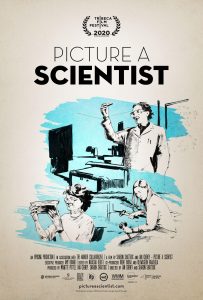 Picture a Scientist is a documentary on sex discrimination in science. Women scientists recount their experiences studying and working in scientific fields.
Picture a Scientist is a documentary on sex discrimination in science. Women scientists recount their experiences studying and working in scientific fields.
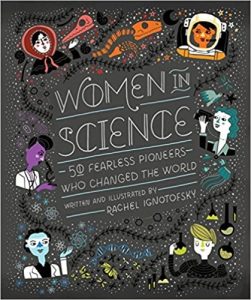 Women in Science : 50 Fearless Pioneers Who Changed the World is a book for young readers (10-17) briefly detailing the biographies of fifty women scientists.
Women in Science : 50 Fearless Pioneers Who Changed the World is a book for young readers (10-17) briefly detailing the biographies of fifty women scientists.